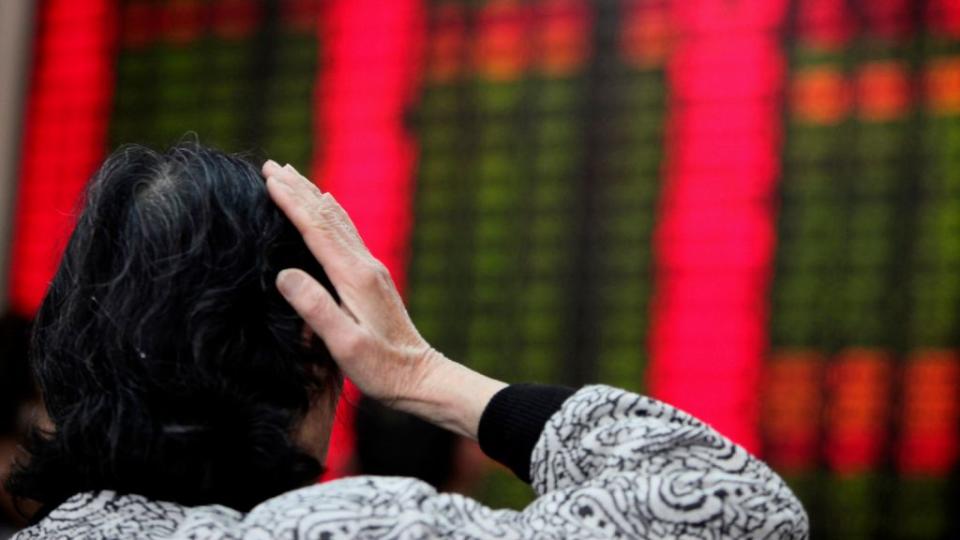We’re 50% more likely to die in the 20 years following a personal financial disaster

Severe and unexpected financial loss is hard at any stage of life. When it occurs in middle age or later, however, the blow can be devastating.
A new study in the Journal of the American Medical Association offers new insight into just how serious the fallout of later-life financial shock can be.
Researchers from Northwestern University and the University of Michigan followed nearly 9,000 middle-aged Americans from 1994 to 2014, using data from the US National Institute on Aging’s Health and Retirement Study. Those who suffered a severe personal financial crisis, which the researchers defined as losing at least 75% of one’s net worth in a two-year period, were 50% more likely to die in the following 20 years than peers with more financial stability.
The precise relationship between wealth loss and early death wasn’t clear, said Lindsay Pool, an assistant professor of preventative medicine at Northwestern and the study’s lead author. The researchers controlled for prior health conditions, changes in marital status, job loss, and other major life stressors that can contribute to early death.
People who have lost their savings clearly have fewer resources to cope with medical problems later, which could contribute to the higher mortality rate. They also may have to work longer in taxing or stressful jobs. But there’s also strong evidence that the mental and emotional toll of financial catastrophe itself harms a person’s long-term health.
Alongside life crises like illness, divorce, or the death of a loved one, a massive change in personal circumstance—especially later in life—can trigger feelings of grief. Grief is a physical experience as much as an emotional one, and several studies have identified links between bereavement and premature death.
Losing a nest egg isn’t the same thing as losing a loved one. But it can bring about a very real and painful type of mourning.
“If you lost your assets on the cusp of the retirement, it’s like hitting the reset button on your life. It’s a mourning of what could have been,” Pool said.
It also can be more isolating than other types of grief. There are no social rituals like funerals or sympathy cards for people reeling from personal financial crisis, said Bobbi Emel, a marriage and family therapist in Palo Alto, Calif. The isolation feels even worse if the person feels the crisis was somehow their fault: a bad investment decision, for example, or trusting assets to an unscrupulous manager. “It’s a very common thing and they need to let go of some of the shame or guilt,” Emel said.
Recovering from financial loss, then, is as much about emotional healing as it is about rebuilding assets. Facing the loss, working through the stages of grief, and building a strong emotional support network can make the difference between life and death. Given that the study’s time period didn’t include losses from the 2007-08 financial crisis, there may still be lives on the line.
Sign up for the Quartz Daily Brief, our free daily newsletter with the world’s most important and interesting news.
More stories from Quartz:

 Yahoo Finance
Yahoo Finance 